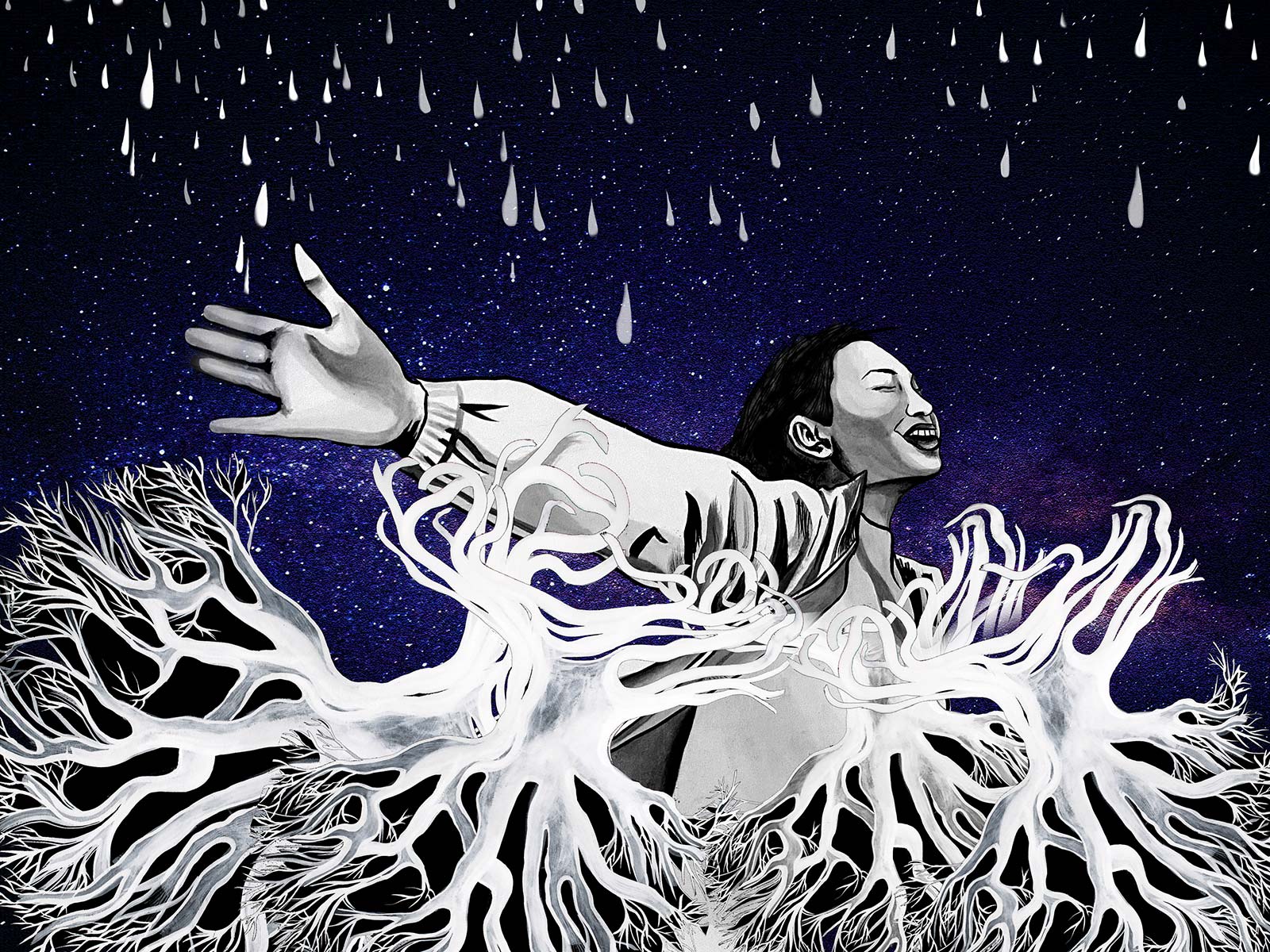by Josh Carrera
If emotions and intellect were currency, I may soon be going broke. As a person of color from a working class background, I feel like I often pay an emotional or intellectual tax when I am engaged in social change work with those that claim to want change but show up half-heartedly, especially in predominantly white institutions. This tax is a result of the contradictions of trying to enact change within the existing system and leaving the hard work to folks from marginalized backgrounds. The tax increases as I am asked to be involved but never given any real power to create structural change. The most recent example I have is dealing with the unintended consequences of organizational white culture at a previous job.
On November 9th, 2016, the country woke up to a historic election in which a large portion of our country chose racism, misogyny, and xenophobia to represent us at the highest level of government. By midday on November 9th, various people in positions of power and leadership sent emails out to staff saying that despite the shocking electoral news, the organization would work across the aisle with the new administration on issues that were mission relevant. I was hurt and devastated that the place where I worked would agree to work with a new administration keen on using hate to divide us. The willingness to overlook the hateful rhetoric from the campaign signaled to me that major institutions led by those with privilege would begin to normalize the dangers of the new administration. I remember showing up to work feeling depressed and hopeless in our ability to fight and resist. At that moment, I needed a workplace that was nurturing and supportive. Instead, the message in my workplace immediately represented complicity by washing over the very real threat this new administration posed.
So for those of us with identities that hold less privilege, in my case being a person of color in predominately white institutions, why do we exist in spaces of contradictions that tax us? How should we engage in our work and what should we ask of our colleagues and friends with more power and privilege?
It’s an interesting curiosity that those of us in the social justice field find ourselves holding space for power and privilege and working within systems that thrive off oppressive cultures. I suspect that we choose to exist in spaces of contradictions and unequal power with our oppressors because our vision of liberation includes them, too. Feminist bell hooks captures this thought when she writes ” forgiveness and compassion are always linked: how do we hold people accountable for wrongdoing and yet at the same time remain in touch with their humanity enough to believe in their capacity to be transformed?”
One suggestion for this transformation has been allyship – “a lifelong process of building relationships based on trust, consistency, and accountability with marginalized individuals and/or groups of people.” Allyship is a very important first step but I don’t think it’s enough for two reasons. First, allyship has been critiqued on the basis that it focuses too much on what an individual can do and not enough on the structural and systems level changes needed to dismantle oppression. Second, I want and need more than allyship, I want the power to make change.
Power helps facilitate change because it allows us to change the rules of the game. I remember being encouraged to join a previous institutions’ committee on diversity and inclusion to make a difference. Not only did it sometimes feel like there was an element of tokenization in my participation but I never had any actual structural power to create change. A question I continue asking myself is: how do we transform organizations embedded in oppressive cultures promoting white supremacy or capitalism? I would argue that the problem starts when we go in the direction of ‘diversity and inclusion’ instead of cultural and systemic change. The former is intended for assimilation or improving efficiency and the latter is transformative.
In order to relieve the emotional tax some of us pay, organizations and individuals need to embrace work that is intended to be transformative and not push assimilation. However, what can those of us, in particularly people of color, coming from marginalized identities do to protect and heal ourselves in that process? We could benefit from an allyship that centers liberation by shifting the emotional and intellectual labor of anti-oppression work and proportionally distributing it to the power and privilege each of us hold. This could potentially show up as caucusing by identities and leveraging the power of each respective group to be in solidarity with one another.
Let us embrace forgiveness and compassion in our social change work like bell hooks suggests. In that process, my hope is that we’ll remain in touch long enough see each others’ humanity. However, let us also consider, to quote Frederick Douglass, that “power concedes nothing without a demand. It never did and it never will.”
Josh Carrera is a proud New Yorker that grew up in Brooklyn to a first generation Ecuadorian immigrant family. During his years in college and graduate school, Josh’s interests led him to study sustainable development and international relations in Ecuador, Mexico, and Brazil. More recently, Josh has been involved in local environmental and housing issues in his native city. One of Joshua’s proudest accomplishments has been organizing a six day volunteer event where New Yorkers planted close to 8,000 trees over six days at Jamaica Bay Wildlife Refuge. Josh is a founding member of Mi Casa No Es Su Casa: Illumination Against Gentrification, an activist project which uses art as a form of protest against the rapid neo-colonization of Brooklyn neighborhoods. Josh is a proud collective member of Mayday Space – a social justice movement space where he is working on building a radical library that values truth, critical thinking, and justice.
